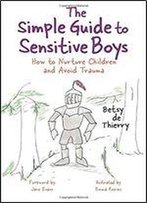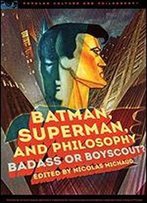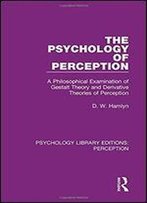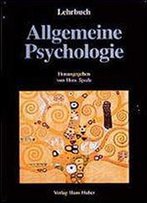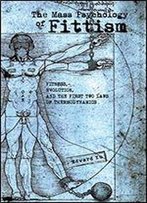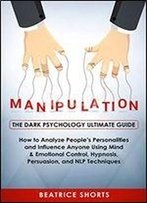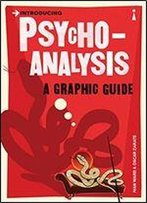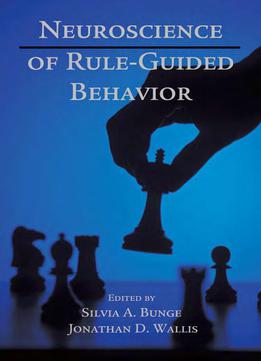
Neuroscience Of Rule-guided Behavior
by Silvia A. Bunge /
2007 / English / PDF
5.9 MB Download
Neuroscience of Rule-Guided Behavior brings together, for the first time, the experiments and theories that have created the new science of rules. Rules are central to human behavior, but until now the field of neuroscience lacked a synthetic approach to understanding them. How are rules learned, retrieved from memory, maintained in consciousness and implemented? How are they used to solve problems and select among actions and activities? How are the various levels of rules represented in the brain, ranging from simple conditional ones if a traffic light turns red, then stop to rules and strategies of such sophistication that they defy description? And how do brain regions interact to produce rule-guided behavior? These are among the most fundamental questions facing neuroscience, but until recently there was relatively little progress in answering them. It was difficult to probe brain mechanisms in humans, and expert opinion held that animals lacked the capacity for such high-level behavior. However, rapid progress in neuroimaging technology has allowed investigators to explore brain mechanisms in humans, while increasingly sophisticated behavioral methods have revealed that animals can and do use high-level rules to control their behavior.



